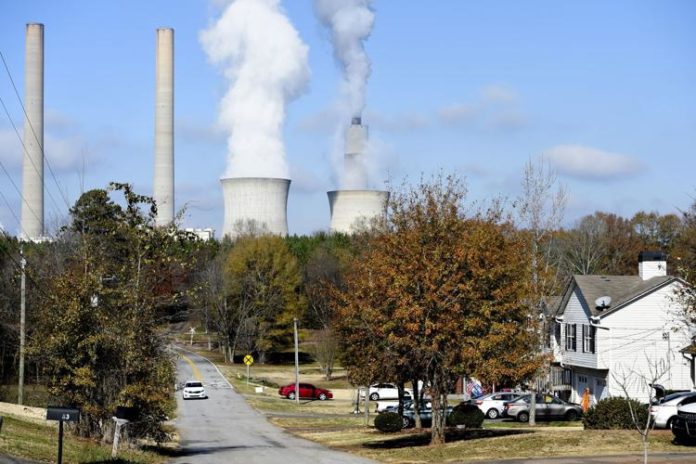
Louisiana Attorney General Jeff Landry is leading a coalition of 18 states in opposition to the Energy Independence and Security Act, which they claim is a backdoor attempt to impose the failed Clean Power Plan.
“The Biden Administration and its allies in Congress are attempting to not only force unreliable renewables on hard-working Americans but also turn those consumers into bigger pawns of the green energy industry,” Landry said. “The DC elites, in a rushed process, want to restrict the electric power grid by repealing the traditional authority of the states to regulate their own resources and utility policies.”
U.S. Sen. Joe Manchin, D-WV, introduced the Energy Independence and Security Act of 2022 last week, and the “comprehensive permitting reform” is included in a Continuing Resolution to avoid an Oct. 1 government shutdown.
The bill is part of a deal between Manchin, Senate Leader Chuck Schumer, D-NY, House Speaker Nancy Pelosi, D-Calif., and President Joe Biden to gain Manchin’s support for the Inflation Reduction Act approved by Congress in August.
Manchin contends the legislation is necessary to reduce costs for energy projects, though the legislation faces opposition from both Republicans and Democrats.
In a letter to Schumer, the attorneys general argued three interrelated provisions in the bill “eviscerate states’ ability to chair their own land-use and energy policies.”
“First, it would authorize private companies to use eminent domain against state land. Second, it would authorize (the Federal Energy Regulatory Commission) to command utilities to construct entirely new transmission facilities whenever and wherever FERC deems necessary. And third, it would authorize companies to spread costs of constructing new transmission facilities onto residents of other states, requiring citizens of one state to subsidize the agenda of citizens in other states,” the letter read.
“These provisions eviscerate state sovereign authority, commandeer companies to carry out the will of a three-vote majority of FERC Commissioners, undermine the power of each citizen’s vote to decide policies at the state level, and inevitably force the citizens of our states to subsidize the costs of expensive energy policy preferences of California and New York.”
The attorneys general also took issue with the short timeline for approving the legislation, which they argued “is completely unacceptable.”
“If this sounds uncannily like the Clean Power Plan, the ultra vires [a legal term that means acting beyond one’s authority]2015 EPA rule that would have effectively forced all states and regions to adopt the cap-and-trade, renewable-subsidizing policies that to date only some states and regions have chosen, that’s because it is in large part the same policy – but this time with no meaningful public notice, explanation, discussion, input, or legal recourse,” the attorneys general wrote.
“As the Supreme Court held earlier this year, the Clean Power Plan was illegal – but at least it was openly proclaimed by President Obama, undertaken through public notice and comment and subject to full judicial review,” the letter read. “To attempt changes on this order without any notice and under rushed timing is completely unacceptable.”
Landry was joined in the letter by attorneys generals from Alabama, Alaska, Arizona, Arkansas, Georgia, Indiana, Kansas, Kentucky, Mississippi, Missouri, Montana, Nebraska, South Carolina, Tennessee, Texas, Utah, and Virginia.
Republished with the permission of The Center Square.













